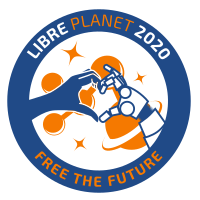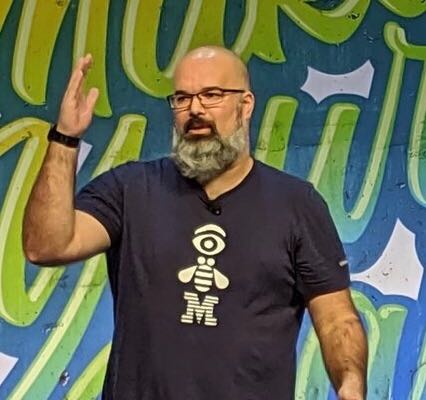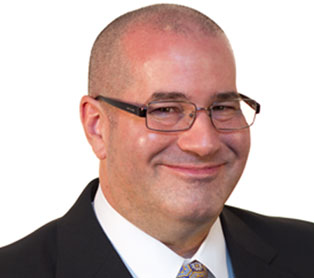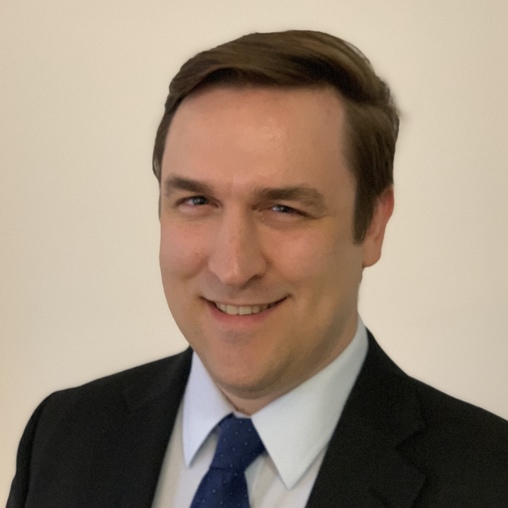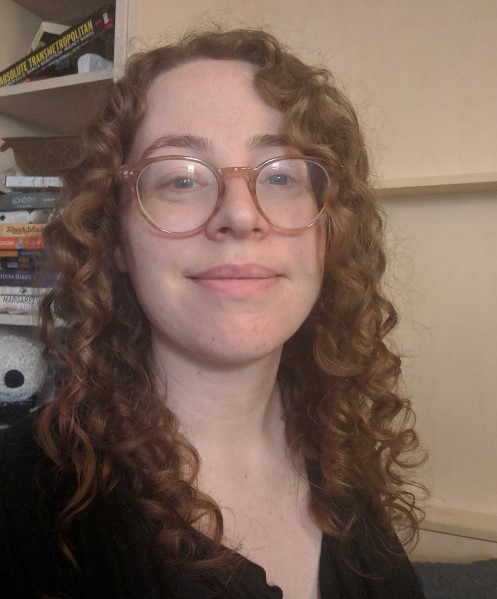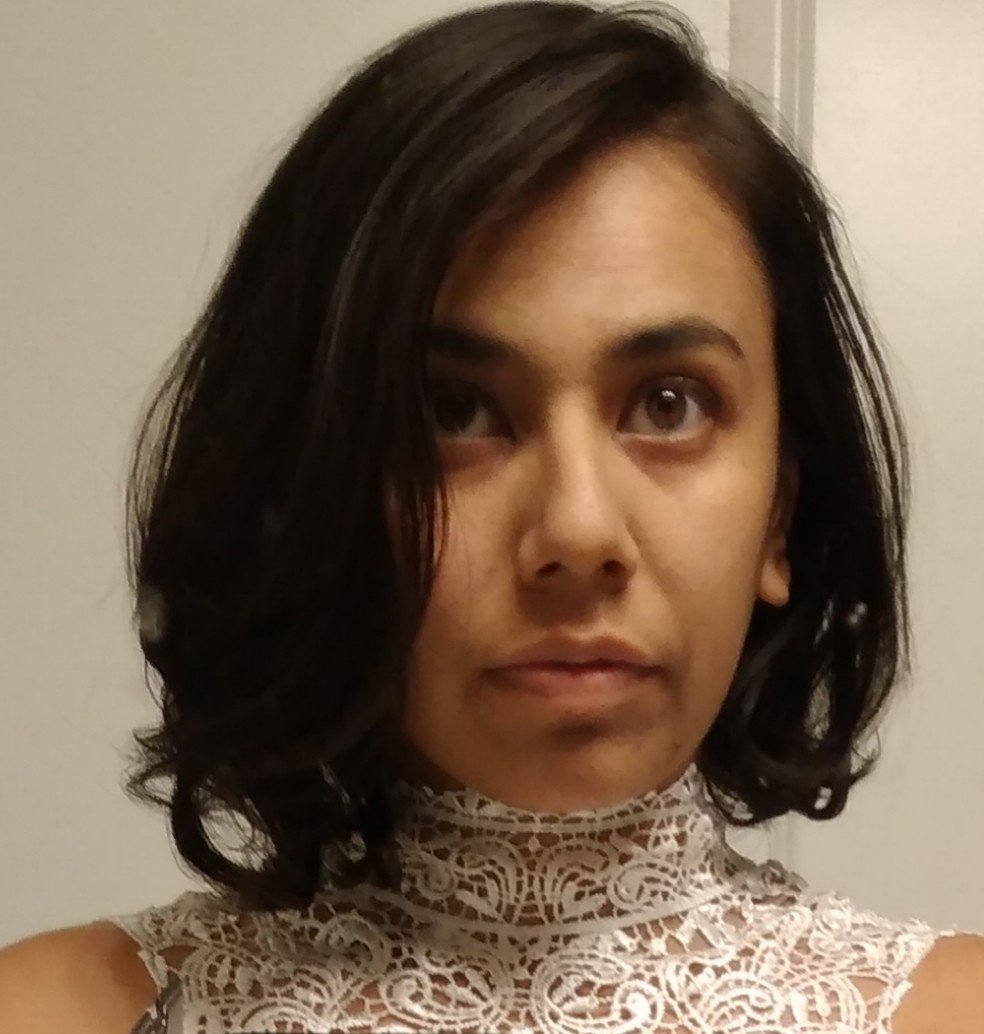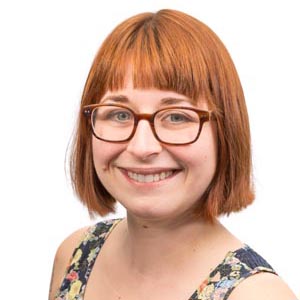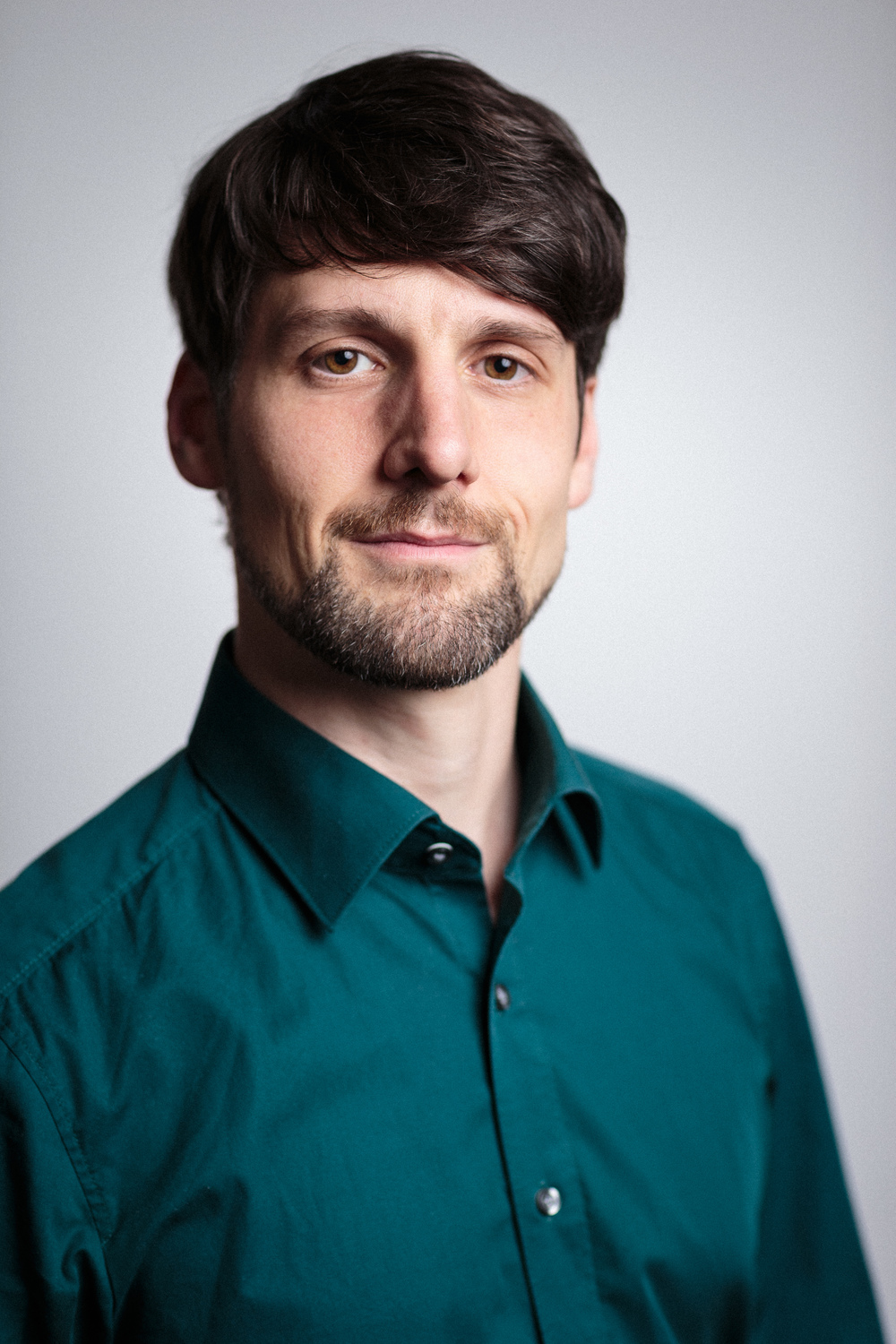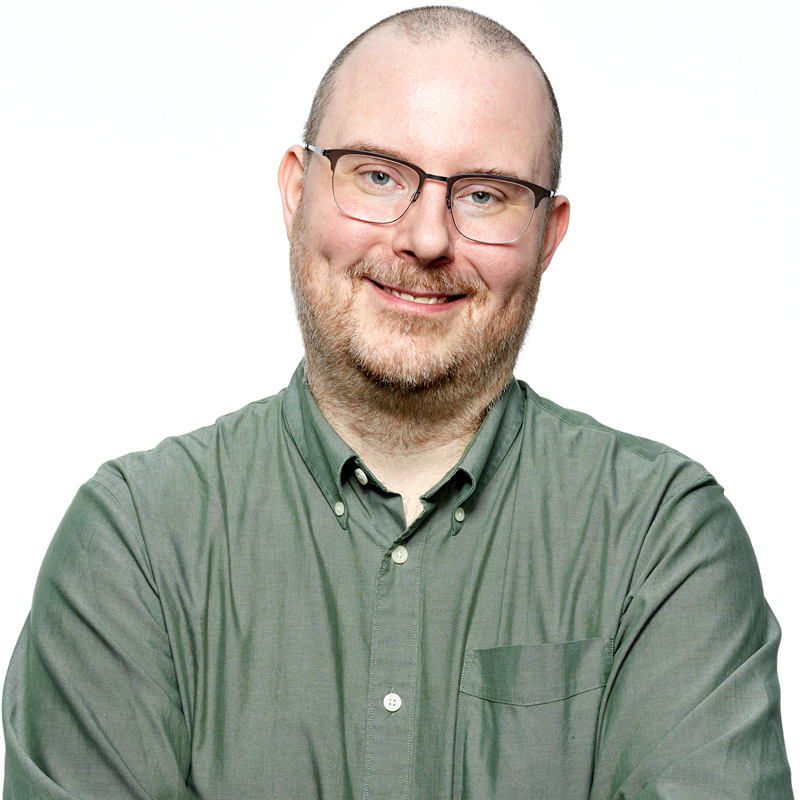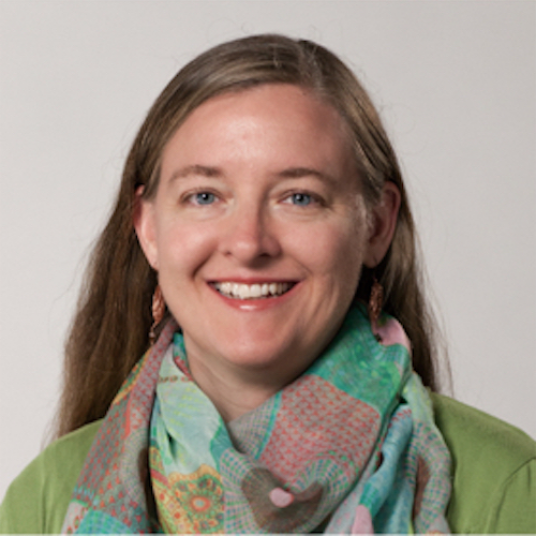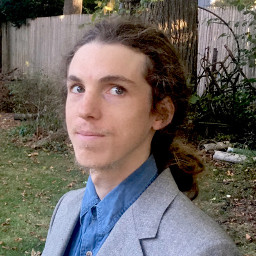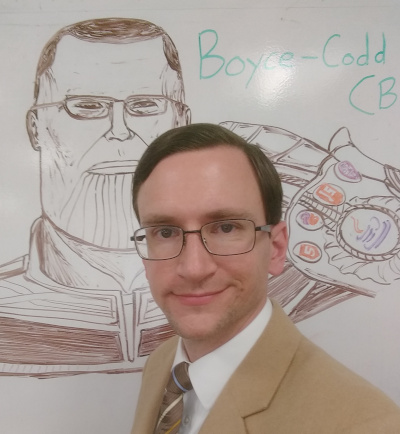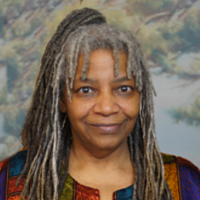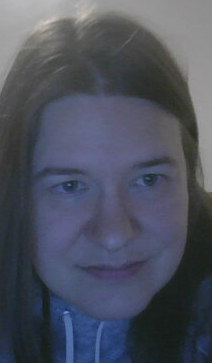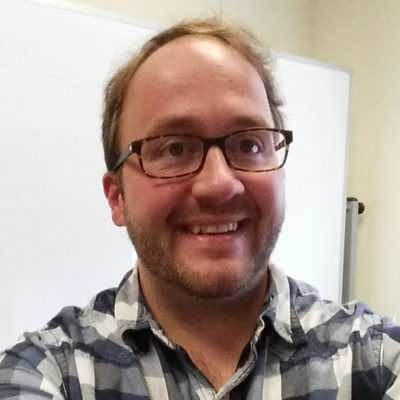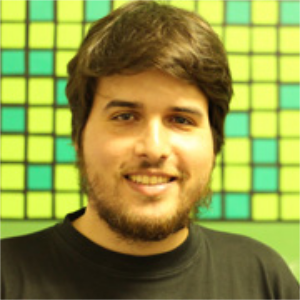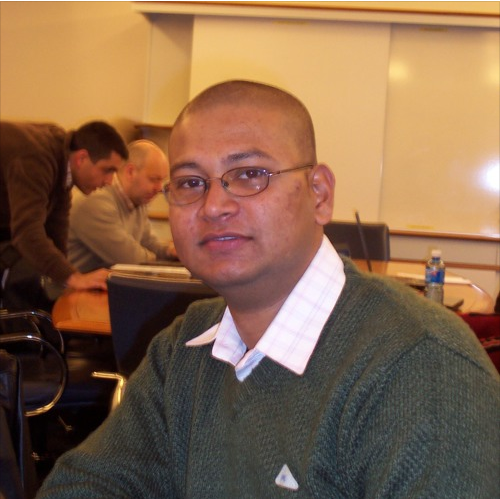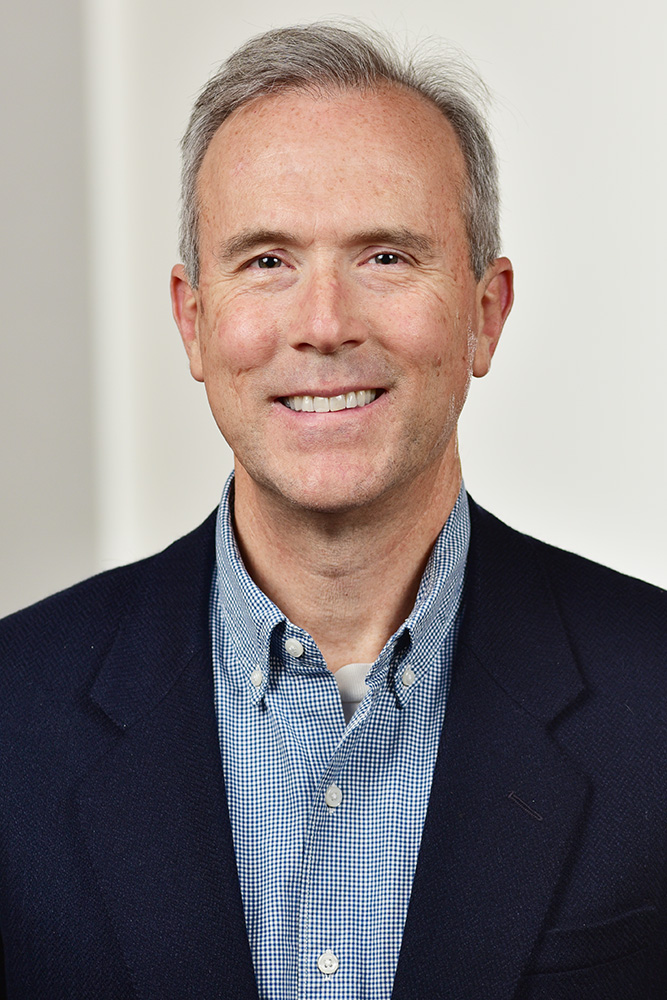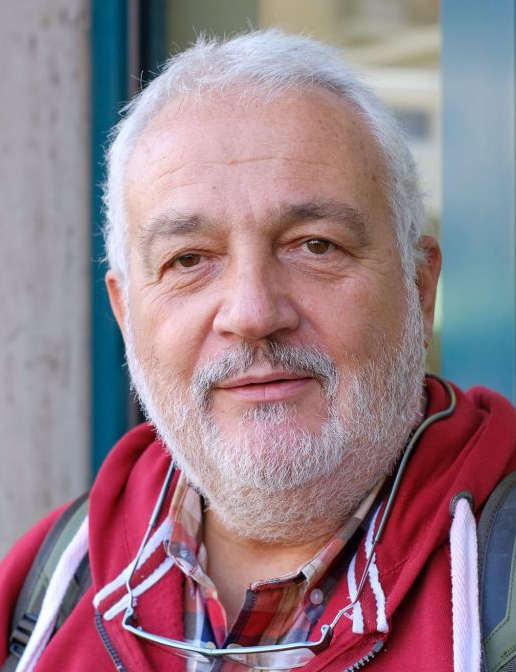Keynote Speakers
Speakers
Stewarding technological freedom in agriculture
: Saturday 14:30 - 15:15
: Patriot
: Free Software in practice
Farming is one of humanity’s oldest technologies, and while the principles of free software may only seem relevant to the past 70 years of innovation, farmers have been struggling to keep their technology free for the last 12 millennia. In this session, we’ll look at some scenarios of where this truth has been borne out in our work creating free farm management software with farmOS, and deploying free hardware solutions with Edge Collective. These projects have shown us that the principles of free software can and do make a real difference to farming communities, both large and small, across the globe. Whether it’s by preserving the right to repair tractors, sensors and other equipment on their farm, or by enshrining their right to access, store, and share their valuable data when, where, and how they choose, granting farmers with more freedom leads to better outcomes for the communities who rely on them.
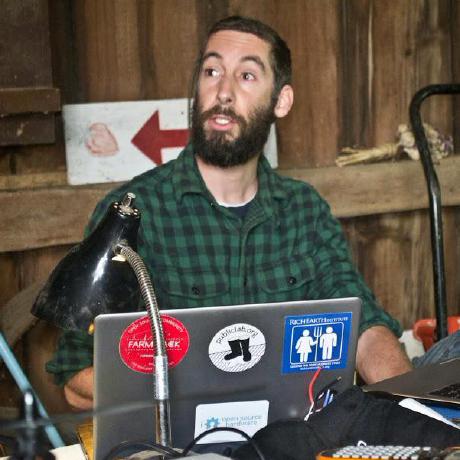
Michael Stenta
Michael Stenta is the founder and lead developer of farmOS, a free software farm planning and record-keeping system.
This session will feature two additional panelists:
* Jamie Gaehring has worked on farms and at farmers' markets for most of the last two decades, and today, builds frontend software for farmers with farmOS.
* Don Blair builds free software-compatible hardware systems for agriculture in collaboration with farmers and researchers.
All three presenters are members of the Gathering for Open Ag Tech (GOAT / goatech.org).
This session will feature two additional panelists:
* Jamie Gaehring has worked on farms and at farmers' markets for most of the last two decades, and today, builds frontend software for farmers with farmOS.
* Don Blair builds free software-compatible hardware systems for agriculture in collaboration with farmers and researchers.
All three presenters are members of the Gathering for Open Ag Tech (GOAT / goatech.org).
Diversity in free software projects: A statistical analysis
: Saturday 15:25 - 16:10
: Patriot
: Social context
Following our studies on the Turing Award and SoundCloud ("Behind the curtains of diversity at a technology company"), we now turn to diversity and free software projects. In this study, we applied the same methods of inquiry that are commonplace in most sciences: statistics and critical analysis.
A variety of free software projects -- both big and small -- will be reviewed from the point of view of their ability to include a diverse set of contributors. A statistical analysis will be provided, the datasets will be made public, and recommendations will be attempted.
A variety of free software projects -- both big and small -- will be reviewed from the point of view of their ability to include a diverse set of contributors. A statistical analysis will be provided, the datasets will be made public, and recommendations will be attempted.
